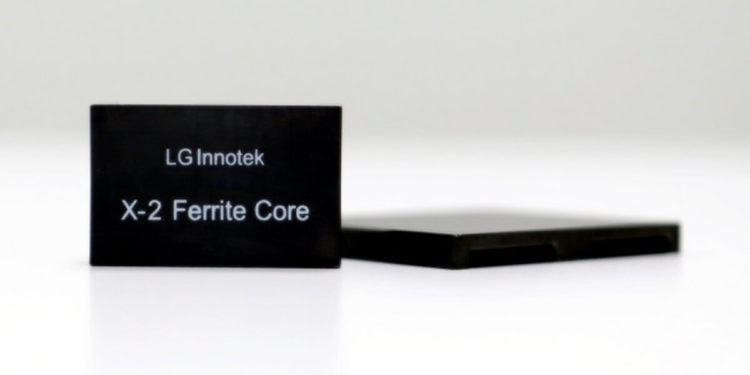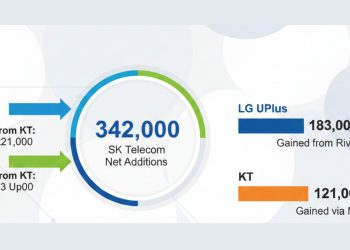LG Innotek announced that it developed a “highly efficient” ferrite core that features the lowest power loss in the market. LG Group’s electric components maker unit said that the material could be used for ultra-slim smart TVs and vehicles.
Set for mass-production in the first half of 2021, LG Innotek pledged to aggressively push for promotions aimed at targeting global electronic companies and carmakers.
Ferrite, an iron oxide-based magnetic material, is made by combining and firing massive amounts of iron oxide mixed with small proportions of metallic elements. The ceramic material filters noise in electrical currents, removing unnecessary signals in TV power modules and chargers. Ferrites also change voltages and reliably supply power to display panels, TVs, vehicle audios, and air conditioners.
“It is meaningful that LG Innotek’s own method of embedding core materials in a short period of time allows us to reliably supply products of the highest performance and quality to customers.”
-Bae Seok, Senior LG Innotek researcher
High-Efficiency Ferrite
LG’s ferrite could make home appliances such as smart TVs and electric vehicles slimmer, lighter, and more energy-efficient. The company said that its ferrite would meet the needs of TV manufacturers and EV makers trying to lighten their electronic products while increasing performance.
LG Innotek started developing high-efficiency ferrite in 2018, intending to create a next-generation high-functioning material with miniaturization capabilities for electronic products.
So far, LG’s thinnest ferrite could make power modules for TVs as thin as 9 millimeters. This could effectively reduce the thickness of TVs by 60 percent. LG’s ferrite would also raise the five percentage points of the power module’s energy efficiency.
Compared to other products, the heat-induced power loss of LG Innotek’s ferrite is 40 percent less. The company added that the low power loss would result in fewer components needed for power control. It could also reduce the risk of fire due to the overheating of vehicle power.
LG Innotek said that its product owes its success to LG’s simulation techniques based on artificial intelligence and digital transformation.







